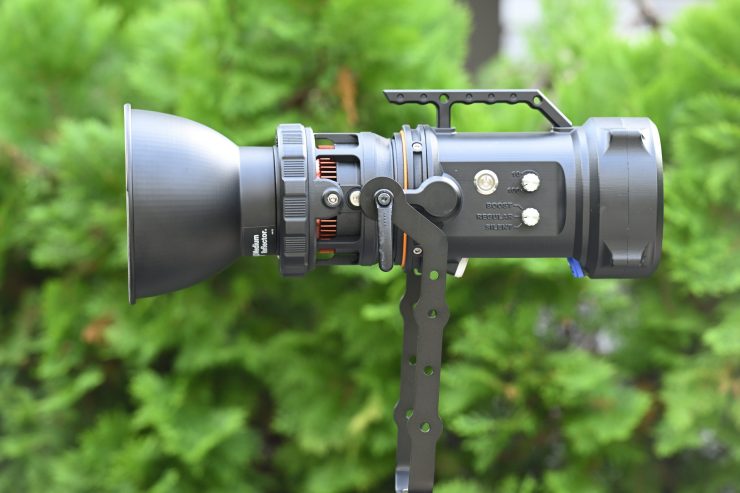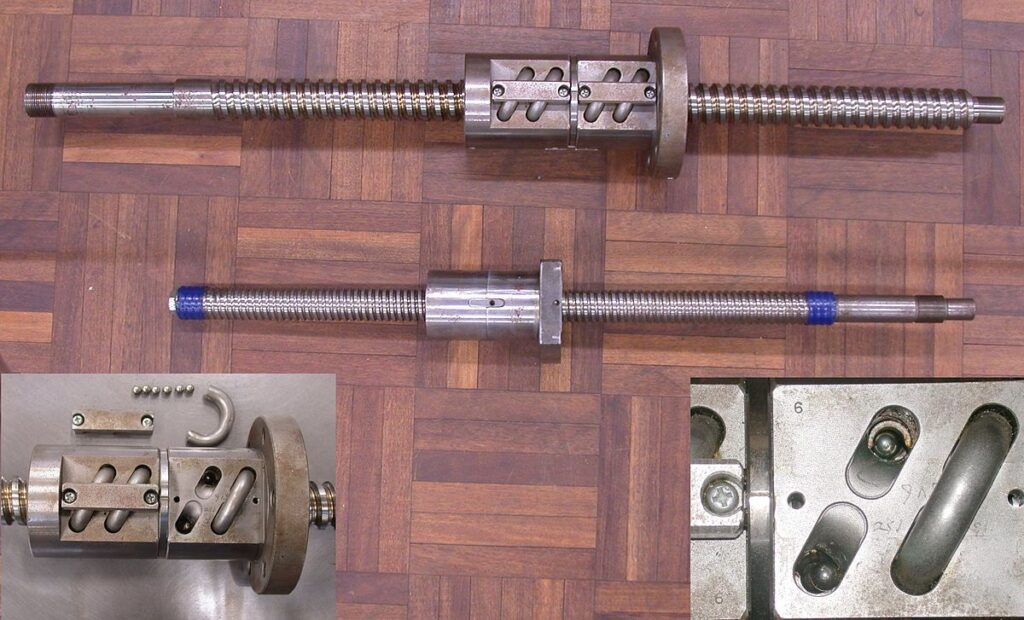
Finding a rental that fits your budget can be a daunting task, but with careful planning and the right strategies, you can secure a place that meets your financial needs without sacrificing comfort or convenience. Here are key considerations to help you find an affordable rental that fits your budget.
1. Determine Your Budget
Calculate Your Monthly Income
- Net Income: Start by calculating your net monthly income, which is your total income after taxes and deductions.
- Budget Allocation: Financial experts recommend spending no more than 30% of your net income on rent. This ensures you have enough left over for other essential expenses.
Include Additional Costs
- Utilities: Consider the cost of utilities such as electricity, water, and gas.
- Internet and Cable: Don’t forget to account for internet and cable expenses in your budget.
- Transportation: Include transportation costs such as gas, public transit, or parking fees.
2. Research the Rental Market
Compare Rent Prices
- Online Listings: Use online platforms like Zillow, Craigslist, and local rental websites to compare rent prices in your desired area.
- Neighborhood Comparisons: Different neighborhoods can have vastly different rental rates. Compare prices across various neighborhoods to find more affordable options.
Understand Market Trends
- Seasonal Fluctuations: Rent prices can vary based on the time of year. For example, prices might be higher during peak moving seasons like summer. Planning your move during off-peak times can save you money.
- Demand and Supply: High demand areas will have higher rents. Look for areas with a balance of demand and supply to find more reasonable prices.
3. Prioritize Your Needs

List Your Must-Haves
- Essential Features: List the features that are non-negotiable for you, such as the number of bedrooms, proximity to work or school, and pet-friendly policies.
- Nice-to-Haves: Identify features that are desirable but not essential. This can include amenities like a gym, pool, or in-unit laundry. Being flexible on these can open up more affordable options.
Consider Space and Layout
- Square Footage: Sometimes a smaller space with a better layout can be more comfortable than a larger space with a poor layout. Consider how you will use the space and what layout works best for your lifestyle.
- Shared Spaces: If you’re willing to share a rental with roommates, you can significantly reduce your rental costs.
4. Inspect the Property
Visit Potential Rentals
- In-Person Visits: Whenever possible, visit potential rentals in person to get a true sense of the space and its condition.
- Virtual Tours: If in-person visits are not possible, request virtual tours to thoroughly inspect the property.
Check for Issues
- Maintenance and Repairs: Look for signs of poor maintenance, such as leaks, mold, or broken fixtures. These can lead to additional costs and headaches down the line.
- Safety and Security: Ensure the property has adequate safety features such as secure locks, smoke detectors, and well-lit common areas.
5. Negotiate the Rent
Be Prepared to Negotiate
- Market Research: Use your market research to negotiate a better rent. Showing that you understand the local market rates can give you leverage.
- Lease Terms: Sometimes landlords are willing to negotiate on the rent if you agree to a longer lease term or if you can move in immediately.
Consider Inclusions
- Utilities Included: Some rentals include utilities in the rent. This can simplify your budgeting and sometimes save money.
- Move-In Incentives: Look for move-in incentives such as a free month of rent or waived fees. These can reduce your initial moving costs.
6. Plan for Hidden Costs
Upfront Costs
- Security Deposit: Be prepared to pay a security deposit, which is usually one to two months’ rent.
- Application Fees: Some rentals require application fees. Budget for these to avoid surprises.
Ongoing Expenses
- Maintenance Costs: If the rental requires you to handle certain maintenance tasks, factor these costs into your budget.
- Renters Insurance: While often overlooked, renters insurance is an important expense that protects your belongings. It’s relatively inexpensive and worth including in your budget.
7. Utilize Resources
Real Estate Agents
- Local Experts: Real estate agents can provide valuable insights into the rental market and help you find properties that fit your budget and needs.
- Negotiation Assistance: Agents can also assist in negotiating better lease terms and rents.
Online Tools
- Rental Calculators: Use online rental calculators to help determine what you can afford and to compare costs across different properties.
- Gas Comparison Tools: Use gas comparison sites to find the best rates for utilities, helping you save money on monthly expenses.
Conclusion
Finding a rental that fits your budget involves careful planning, thorough research, and strategic negotiation. By determining your budget, researching the market, prioritizing your needs, inspecting properties, and negotiating rent, you can secure an affordable and comfortable rental. Don’t forget to plan for additional costs and use resources like real estate agents and online tools for assistance. With these strategies, you can find a rental home that meets your financial and lifestyle needs.













